IF THIS was 1947, there would be politicians in Britain who would join Winston Churchill in opposing Indian independence on the grounds this would be against the UK’s strategic interests.
In 2024, there are similar lobbies who argue returning sovereignty to the inhabitants of the Chagos Islands, where the US has a military base on Diego Garcia, the biggest of the 65 islands in the Indian Ocean archipelago, harms the UK’s defence interests.
To get an informed assessment of the agreement that the Labour government has reached with Mauritius, I turned to the key lawyer Richard Gifford, who has represented the Chagos islanders since 1997. The Chagossians were forcibly removed from the islands to allow the Americans to set up their base on Diego Garcia in the 1970s. The Chagos Islands, which became British under the Treaty of Paris in 1814, were detached from Mauritius in 1965 and renamed the British Indian Ocean Territory.
According to The Guardian last week: “The UK has agreed to hand over the Chagos Islands to Mauritius, ending years of bitter dispute over Britain’s last African colony. The agreement will allow a right of return for Chagossians, whom the UK expelled from their homes in the 1960s and 1970s, in what has been described as a crime against humanity and one of the most shameful episodes of postwar colonialism. However, there will be an exception for the key island of Diego Garcia, which is home to a joint UK-US military base, and which will remain under UK control (under a 99-year lease). Plans for the base were the reason the UK severed the Chagos Islands from the rest of Mauritius when it granted the latter independence in 1968 and forcibly displaced up to 2,000 people.”
In a memorandum submitted to the Commons foreign affairs select committee in 2007, Gifford summed up the problem: “In 1997, as chairman of the Anglo-Mauritian Association (a London-based charity) I visited Mauritius and became aware of protests outside the British High Commission by the displaced inhabitants of the Chagos Islands. They were protesting that they had been removed from their homeland in the late 1960s and early 1970s to Mauritius and Seychelles, and felt that their treatment was unlawful and inhumane. It transpired that the entire archipelago of 65 islands (spanning an area of approximately 200 miles in width) had been swept of its permanent population to give just one island to the USA for an airbase.”
When I spoke to Gifford on Monday (7), he described the Chagos Islands, which he was allowed to visit in 2000 with the permission of the foreign office, as a sort of paradise.
“They are absolutely beautiful,” he told me. “Stunning coral atolls, white beaches, perfect azure lagoons. Diego Garcia, of course, has been ruined by the Americans with all their defence placements and structures for accommodating the military. But the little outer islands are completely unspoilt, except by an excess of nature. They’ve got coconut trees growing everywhere and coconut crabs crawling everywhere. The fishing is absolutely wonderful. It’s the richest fishing ground in the Indian Ocean. And the islanders, from exile in Mauritius, used to sail to Chagos to catch the fish. They knew the waters and were excellent fishermen. But then along comes David Miliband in 2010 and declares a no take marine protected area, which stops them from doing that. So that’s been another act of prejudice by the UK government.”
Sir Keir Starmer has described the agreement he has signed with his Mauritian opposite number Pravind Jugnauth as “seminal” but this has to be ratified by both parliaments.
Gifford pointed out that the importance of the military base was acknowledged by everyone, “especially the Chagossians. They’ve never said that they want the air base to go so they can return to Diego, but it should have been possible to have cohabitation. I come from Norfolk, where there’s a (US) base called Lakenheath. There’s a perimeter wire and a main road going right along the perimeter. You can watch all the aircraft landing and taking off. So why they had to exclude them from the islands I don’t know. It was all in the colonial period by (Harold) Wilson and (Denis) Healey. It is very much a Labour Party issue, by the way. They’re the ones who were in power at most of the times when Chagossians have been prejudiced.”
The UK and Mauritius have agreed a resettlement and investment programme, which Gifford welcomed as an “excellent agreement”. But he “could not call it a perfect agreement”.
“The trouble is the British have treated the Chagossians so very badly over such a protracted period of time, using every trick in the book to keep them out,” he said.
He went on: “Now, Diego Garcia is where most of them come from, and it’s very important that they should be allowed to return there. And this agreement doesn’t provide for it, but that is entirely the fault of the British government. They were reckless. The British government have so mishandled their administration of these islands. There were enough occasions when they could and should have done it, following various judgments and studies. It’s a catastrophic exercise of sovereignty by the British, and there ought to be a full public inquiry as to how it was allowed to happen.”
The agreement, Gifford argued, is “less than could and should have been. But it’s a huge (step) forward. It provides for resettlement of the islanders. It provides for Britain to respect international law. You can imagine when they’re going on about the Russians invading Ukraine, it’s not a good idea to be colonising the Chagos islands, because it gets thrown in their face every time. The only fear that has been raised is that China might come in by the back door and set up a base on one of the smaller islands, bribing Mauritius to do so. I mean, that is really totally unsubstantiated.
“There are very limited trading arrangements between Mauritius and China. They have far more extensive relationships with India, Britain, France and the European Union. And there’s no chance they’re suddenly going to turn turtle.”


















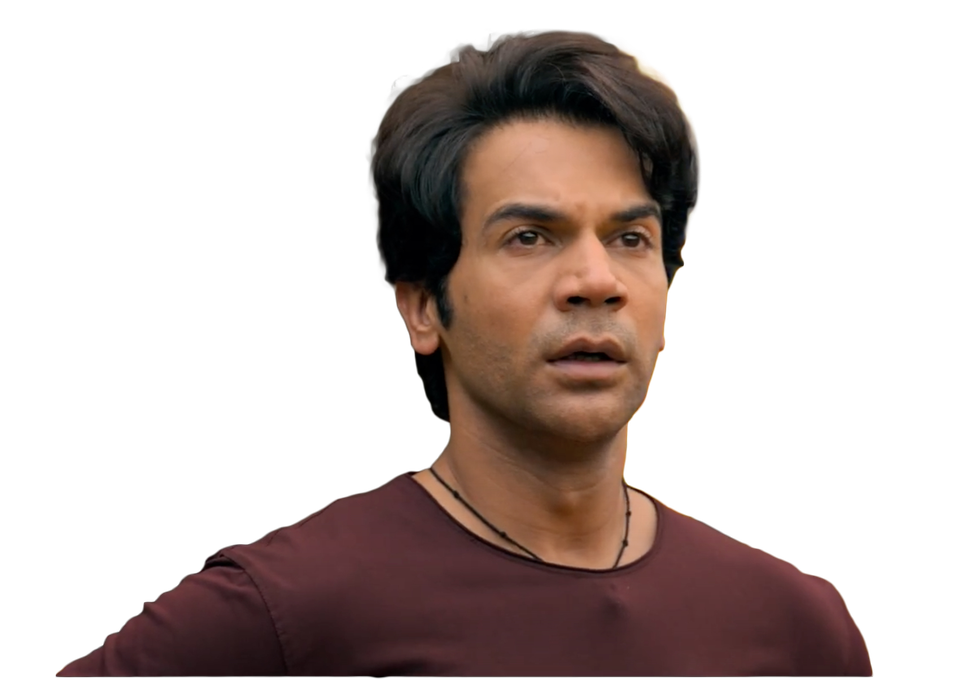 Bhool Chuk Maaf
Bhool Chuk Maaf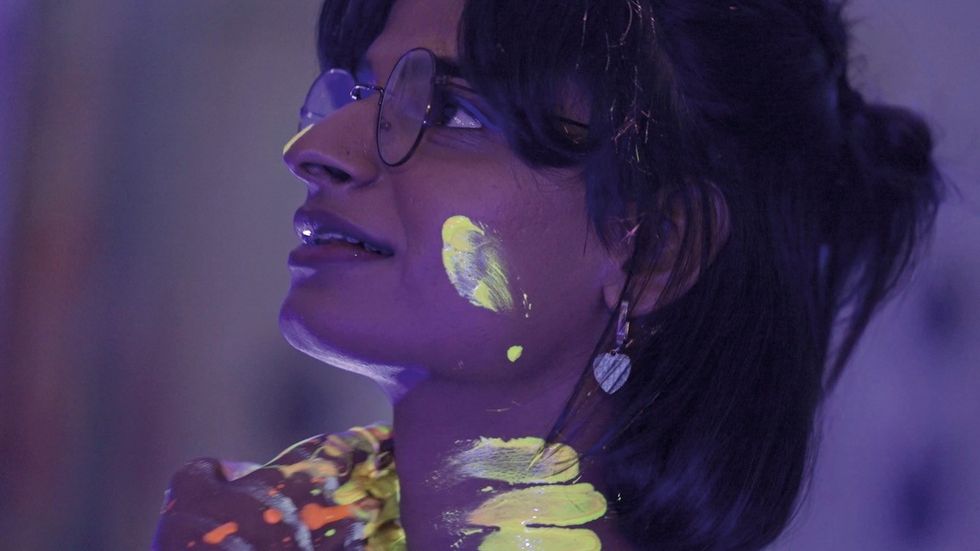 If You Know You Know
If You Know You Know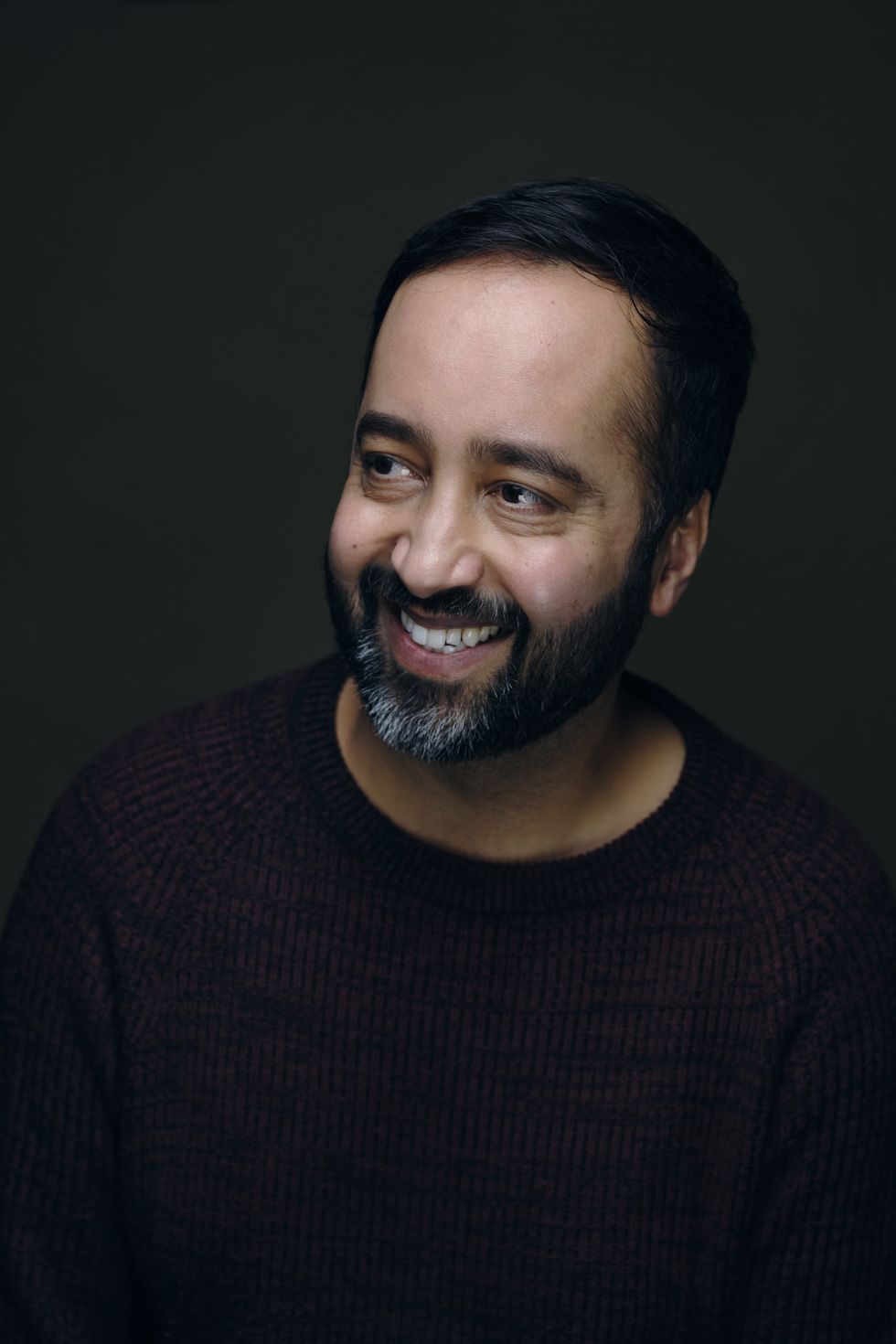 Asif Khan
Asif Khan Sanam figure out why. Teri Kasam
Sanam figure out why. Teri Kasam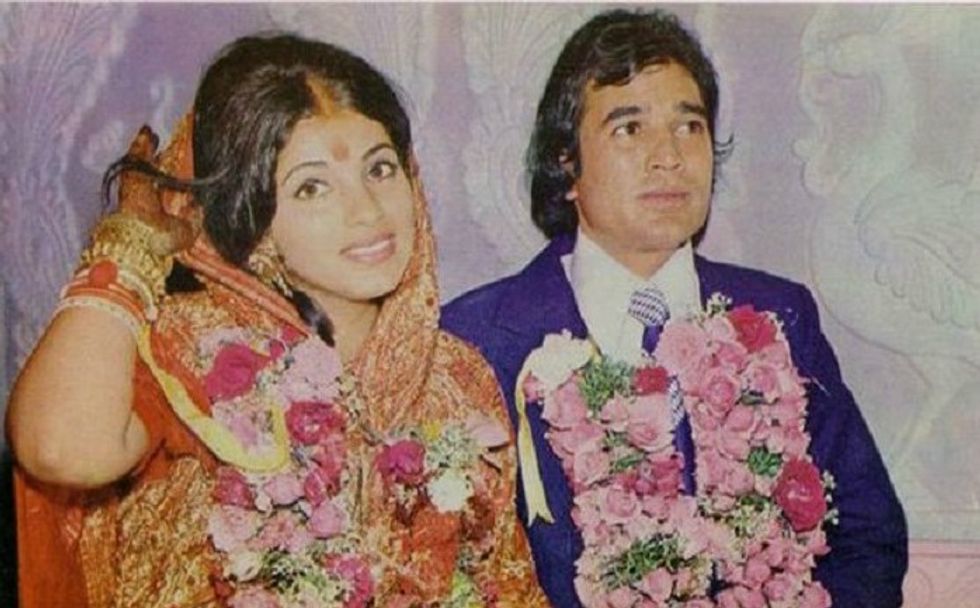 Dimple Kapadia and Rajesh Khanna on their wedding day
Dimple Kapadia and Rajesh Khanna on their wedding day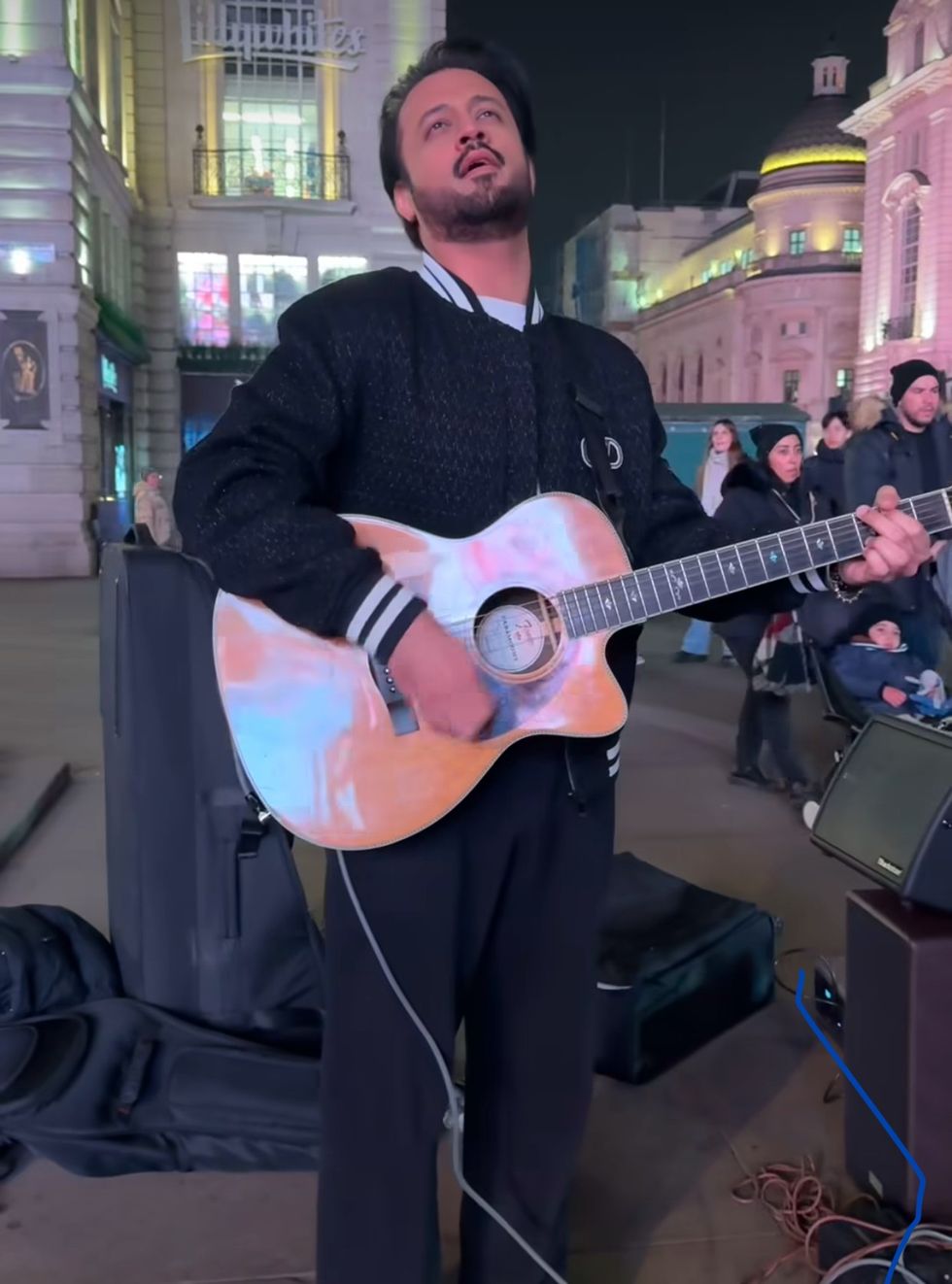 Atif Aslam
Atif Aslam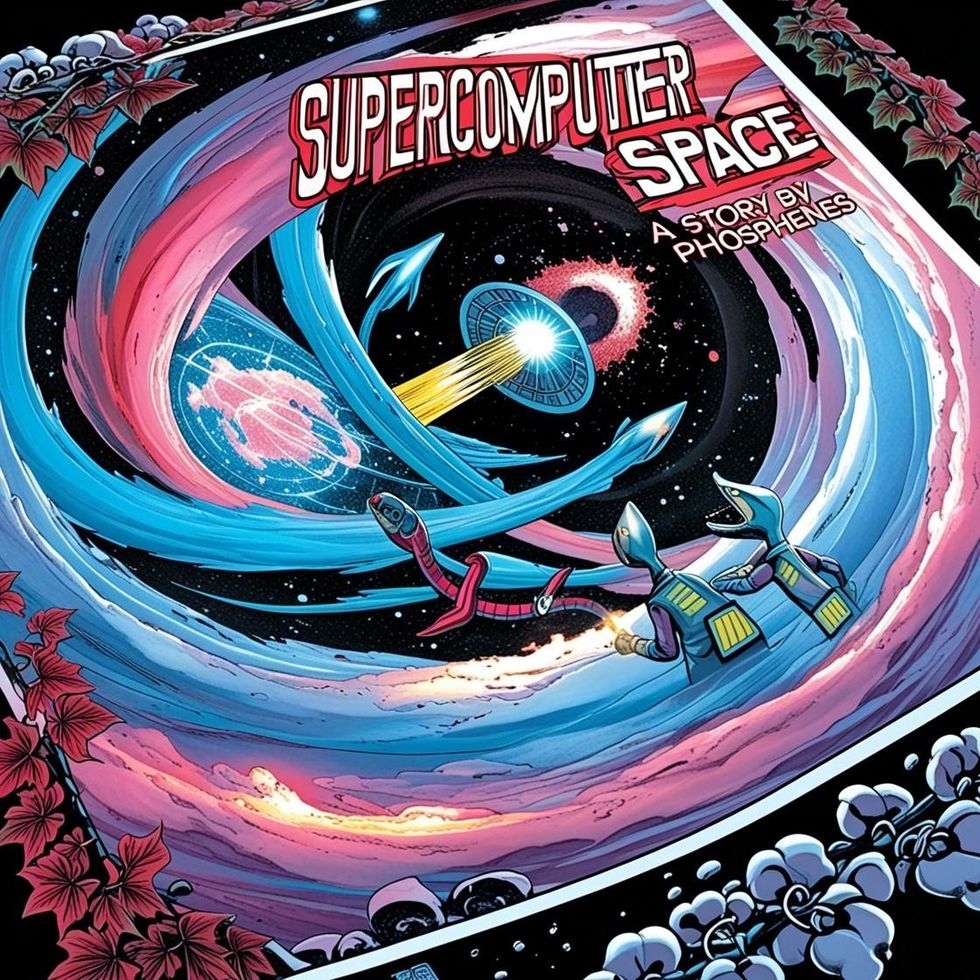
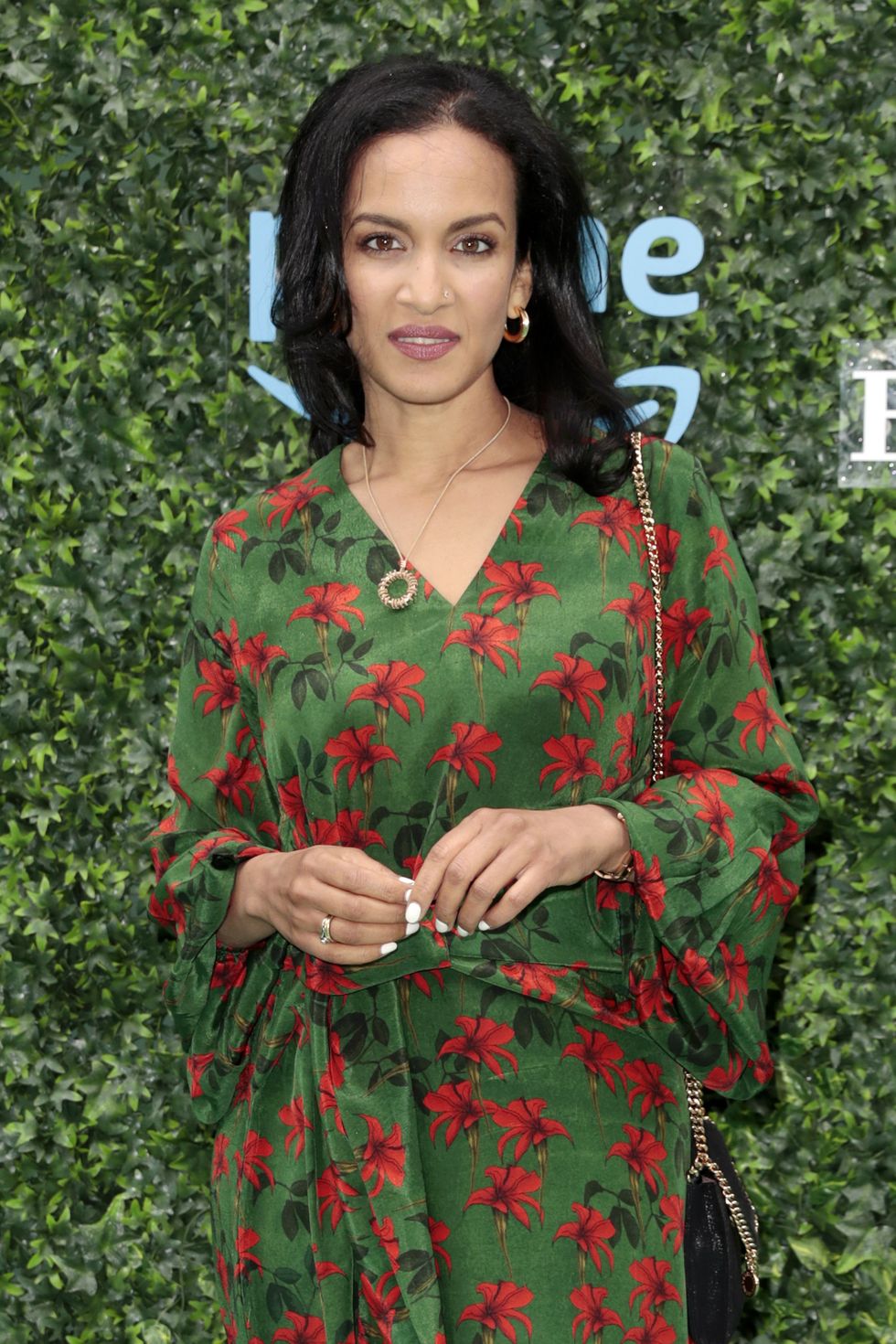 Anoushka Shankar
Anoushka Shankar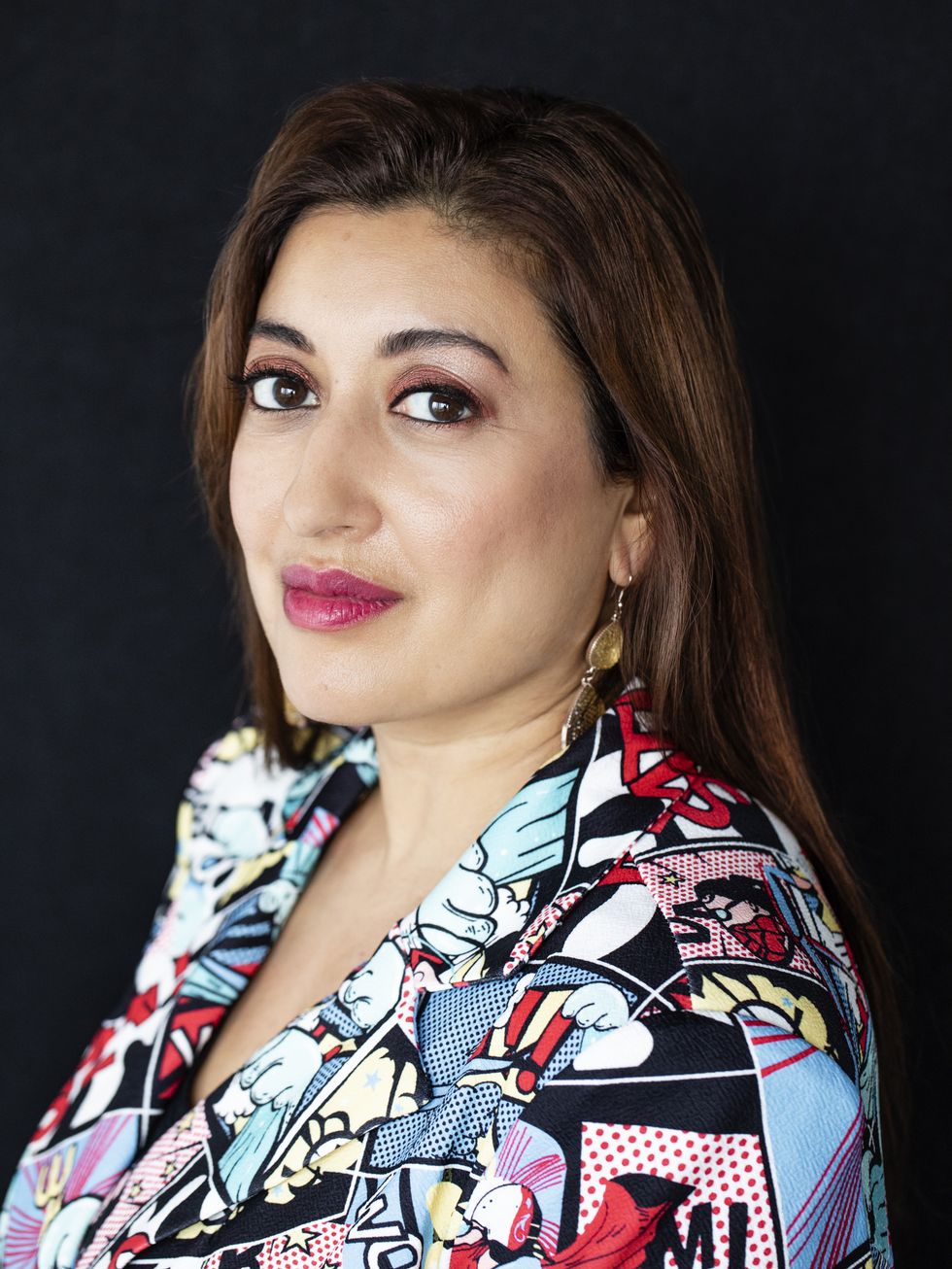 Nilesha Chauvet
Nilesha Chauvet 
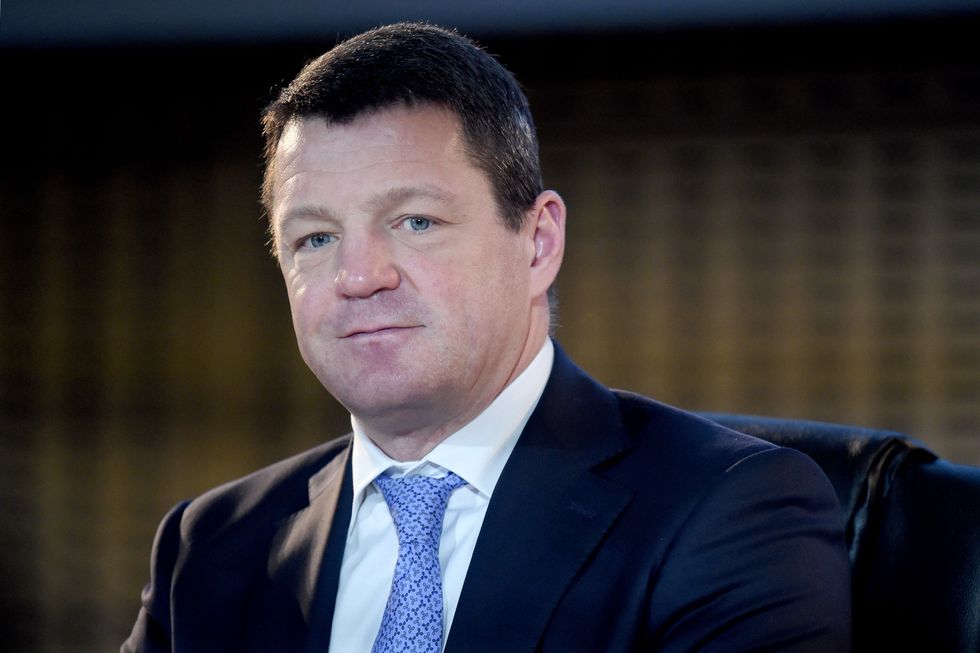 Pieter Elbers
Pieter Elbers

